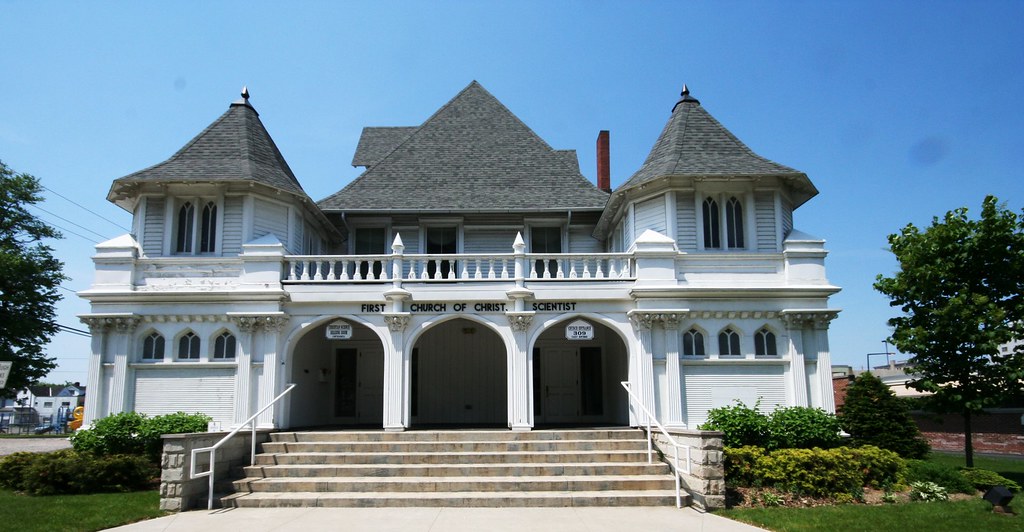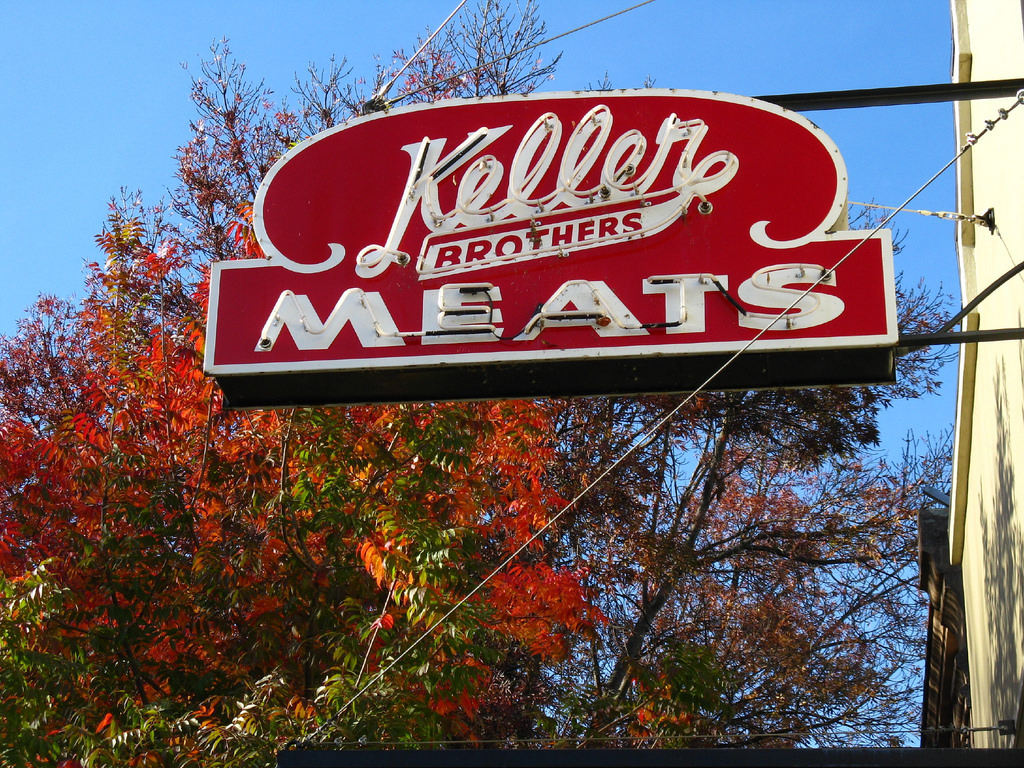Generally speaking, whenever California real property is transferred, the County Assessor may reassess the property to establish base value for property tax purposes. There are limits as to how much the value may increase every year due to changes in the market. However, when the property is sold, it may be reassessed at full market value. This makes a big difference if a property had the same owner for many years, and benefits from a low base valuation. Buyers want to avoid a big increase in taxes.
There is an exception that applies to a residence owned by any person over the age of 55 years, or any severely and permanently disabled person. The base-year value of that property may be transferred to any replacement dwelling of equal or lesser value that is located within the same county and is purchased or newly constructed by that person as his or her principal residence within two years of the sale by that person of the original property, provided that the base-year value of the original property may not be transferred to the replacement dwelling until the original property is sold. (R & T section 69.5)
In a recent decision, the county rejected the taxpayer’s claim of exemption. That taxpayer was required by the lender to form an LLC to obtain the construction loan for the new residence, and the county said that the LLC is not a person, so the exception does not apply. The county was overruled.












